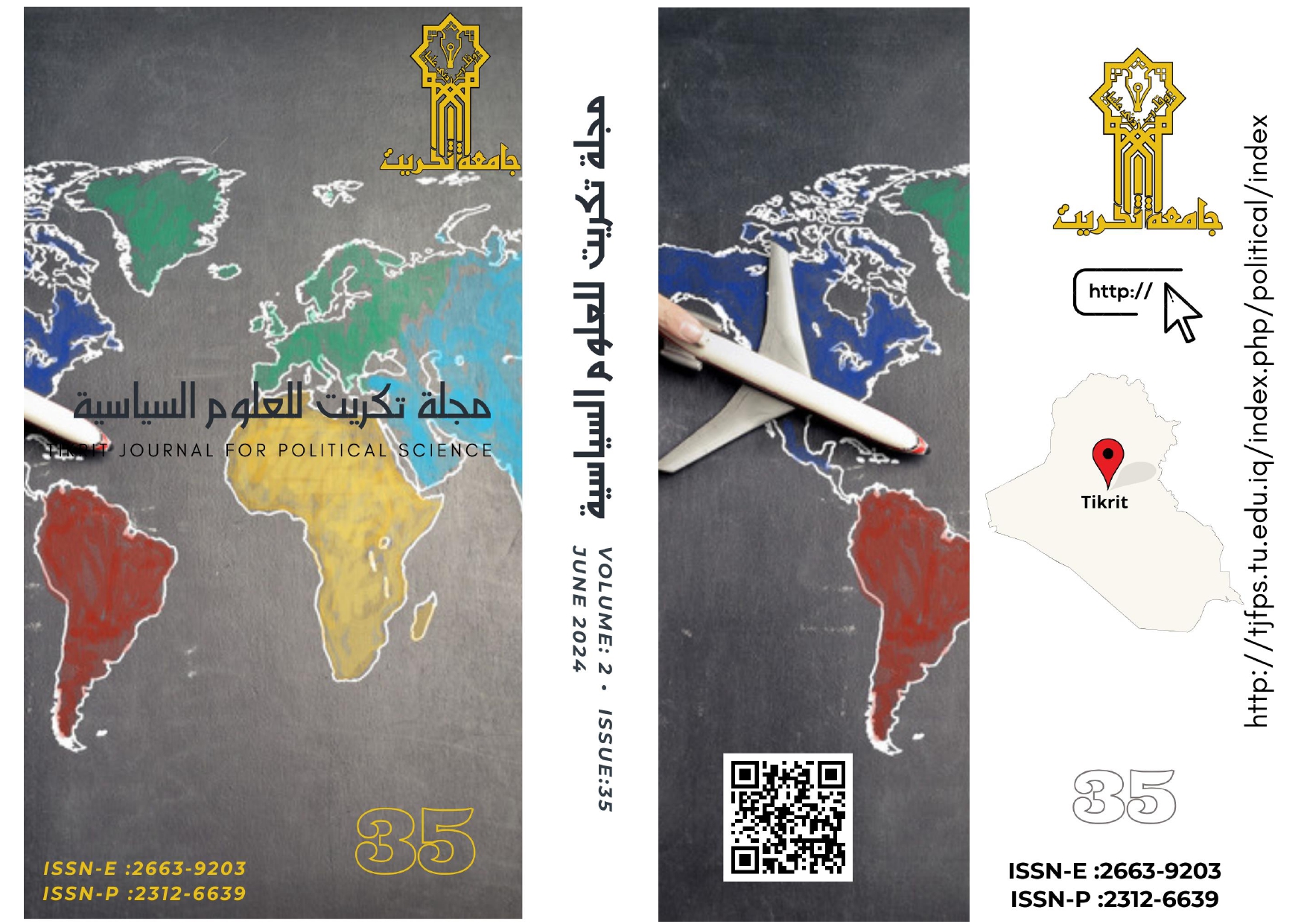The transition from a parliamentary system to a presidential system in Iraq
DOI:
https://doi.org/10.25130/tjfps.v2i35.333Keywords:
parliamentary system, presidential system, consociational democracy, obstaclesAbstract
The relationship between authorities in Iraq has witnessed significant overlap and intertwining of roles, causing confusion and weakening the political process. This led to various political and economic crises. The consociational democracy and its mechanisms were adopted to prevent the exclusion of others, yet they faced challenges that reflected on Iraqi society and its political system, hindering its effectiveness. Consequently, the presidential system was proposed as a solution to the crisis and to achieve political stability but encountered obstacles hindering its implementation. Although the presidential system represents a successful governance model in countries with mature democratic experiences characterized by high levels of maturity and political awareness, its success depends on the availability of its prerequisites and environment. Success cannot be guaranteed for any political system if its requirements and environment are lacking. The parliamentary system, capable of representing the diverse and conflicting interests of society, is deemed more appropriate for such societies, facilitating the reconciliation of interests and resolving conflicts in a proper manner.The Iraqi political system remains conducive to work and stability, and the solution lies not in changing it but in addressing its internal issues. This includes amending constitutional provisions that disrupt the balance of power, avoiding unconstitutional methods in governance and opposition roles, and creating a new electoral system that ensures broad representation of the people. Building trust between political and social forces will strengthen societal bonds, leading to the achievement of citizenship and national unity. These are essential components for success, supporting political and social stability, and revitalizing the existing system to serve the desired objectives.


